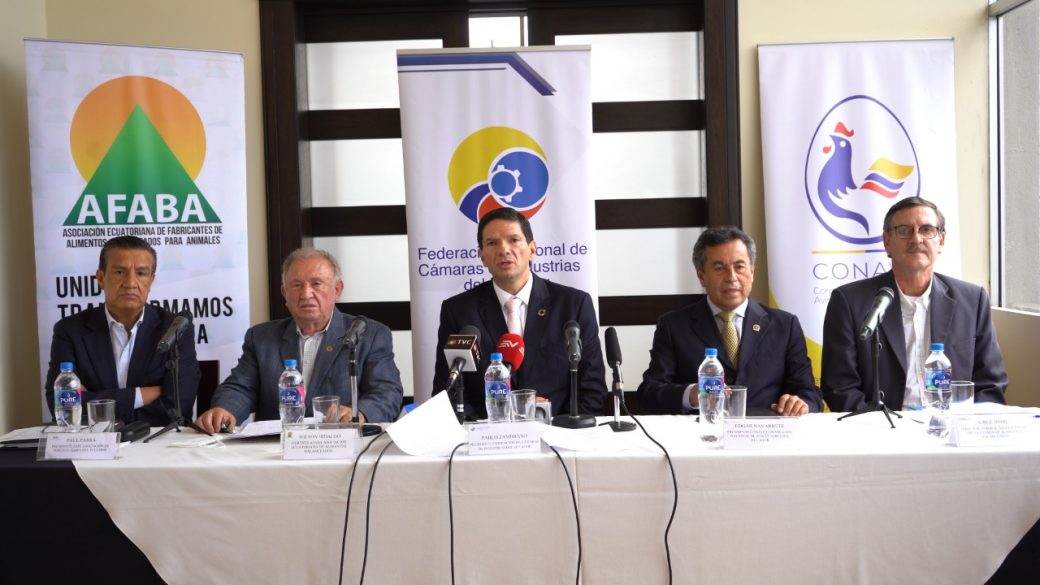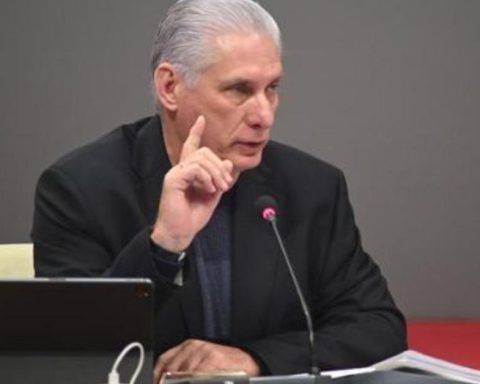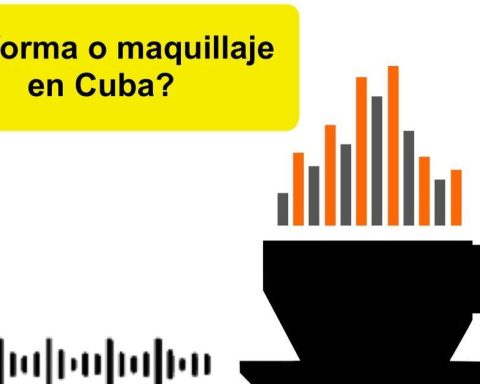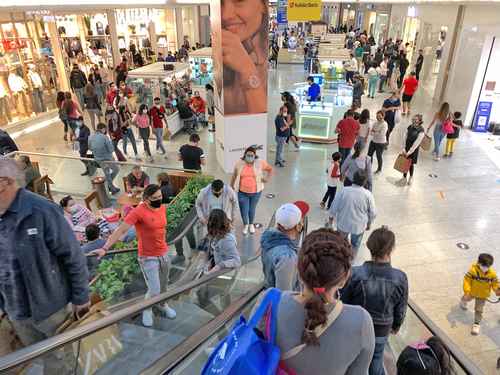The chicken, turkey, pork and egg meat industries report that they do not have enough raw material to supply the demand until April 2022.
These industries use grain as one of their main raw materials for feeding livestock and animals (through balanced).
Until April 2022, the import of at least 225,935 tons of corn to supply what is not produced locally. However, the formalities of import they are cumbersome and expensive; in addition, the Assembly is pressing so that all permits are not eliminated.
“The animal protein sector in the country is under serious threat due to the pressure from the National Assembly for the Ministry of Agriculture to revoke the authorizations that were legally given for the corn import«, Explained Pablo Zambrano, president of the Chamber of Industry and Production (CIP).
These pressures, according to Wilson Hidalgo, president of the Ecuadorian Association of Balanced Foods (Afaba), come from the legislators of the Food Sovereignty Commission, and they seek – in his opinion – to favor a small group of speculators and hoarders.
The global crisis of containers and freight has already complicated imports since last year, so a shipment can take up to 2 months. But this difficult situation has been added to the lack of agility for licenses; and now – what they call – political manipulations.
“Without any technical basis, but only political considerations, they want to leave us in the hands of speculators and hoarders. Only they have reserves and they want to sell the increasingly expensive grain, “he said.
The corn domestic production is already expensive normally. In Colombia and Peru, the quintal does not exceed $ 13.96; but here it is marketed at $ 20. The unions of the meat industry assure that the speculators threaten to raise the price to $ 25.
«Not being able import corn It will result in many small industries going bankrupt, ”said Hidalgo.
Protectionism for inefficient national production
The corn It is just one of the agricultural products that have a heavy paperwork and continuous obstacles to the import.
Jorge Josse, director of the Balanced Food Producers Association (Aprobal) denounced that in the name of defending national production, a prior licensing policy has been established for several years that makes everything more expensive.
This policy requires that a series of permits and authorizations be requested for each shipment of raw materials to be imported.
Thus, for example, the purchase of wheat flour abroad is limited, which is necessary for the agricultural and shrimp industries.
These industries require 1.1 million tons per year, but dozens of import licenses are blocked because they want to defend and maintain high prices of national production that does not exceed 50,000 tons-
This same situation is repeated with wheat, which is the basis for making bread. (JS)
IT MAY INTEREST YOU:
What you should know about returning to face-to-face classes















